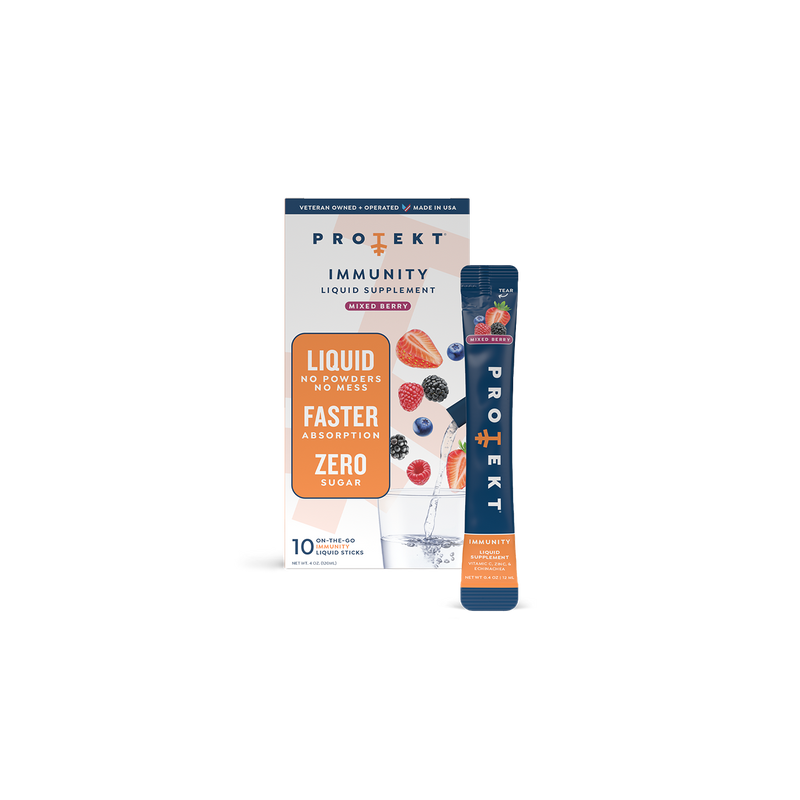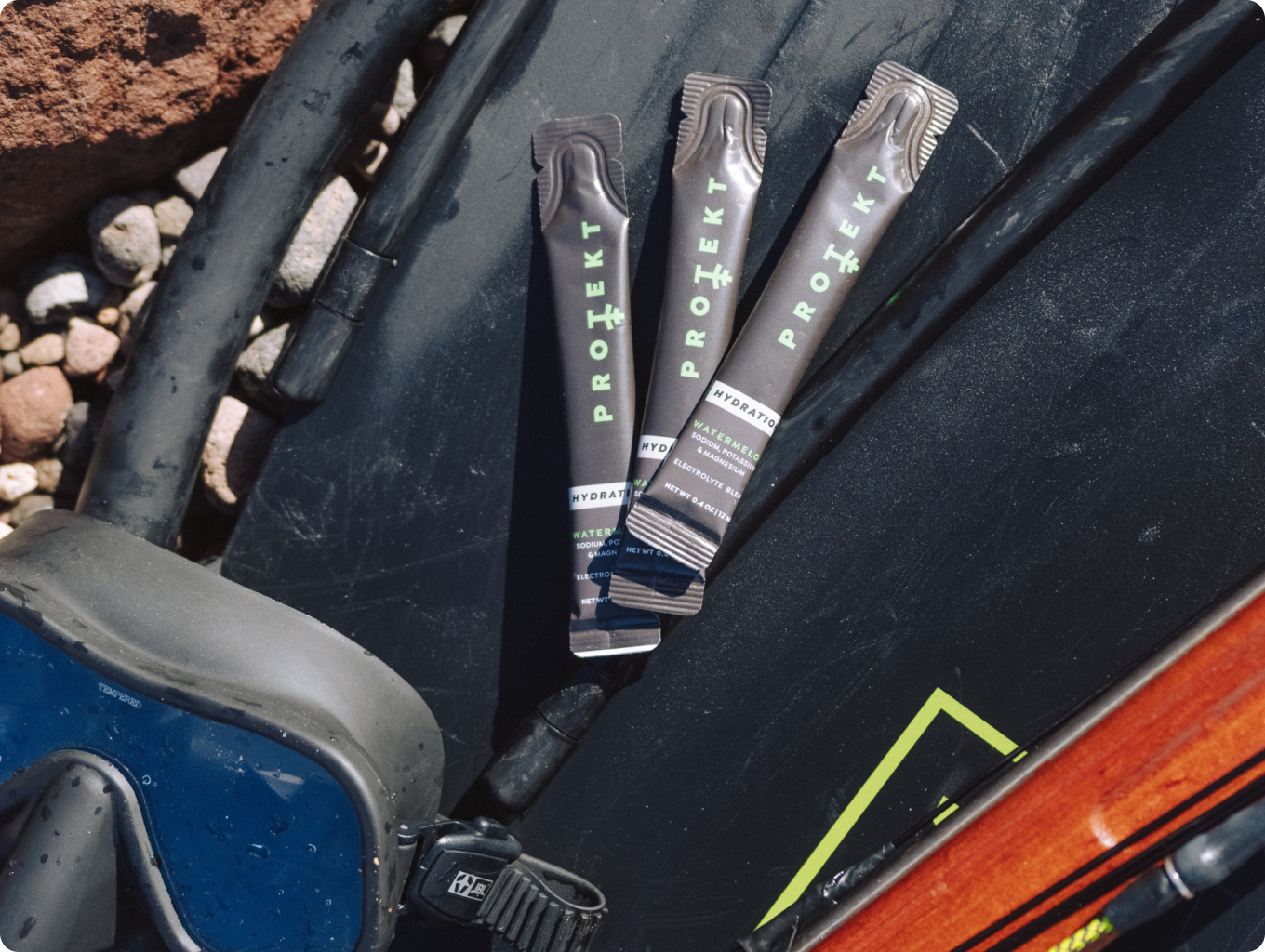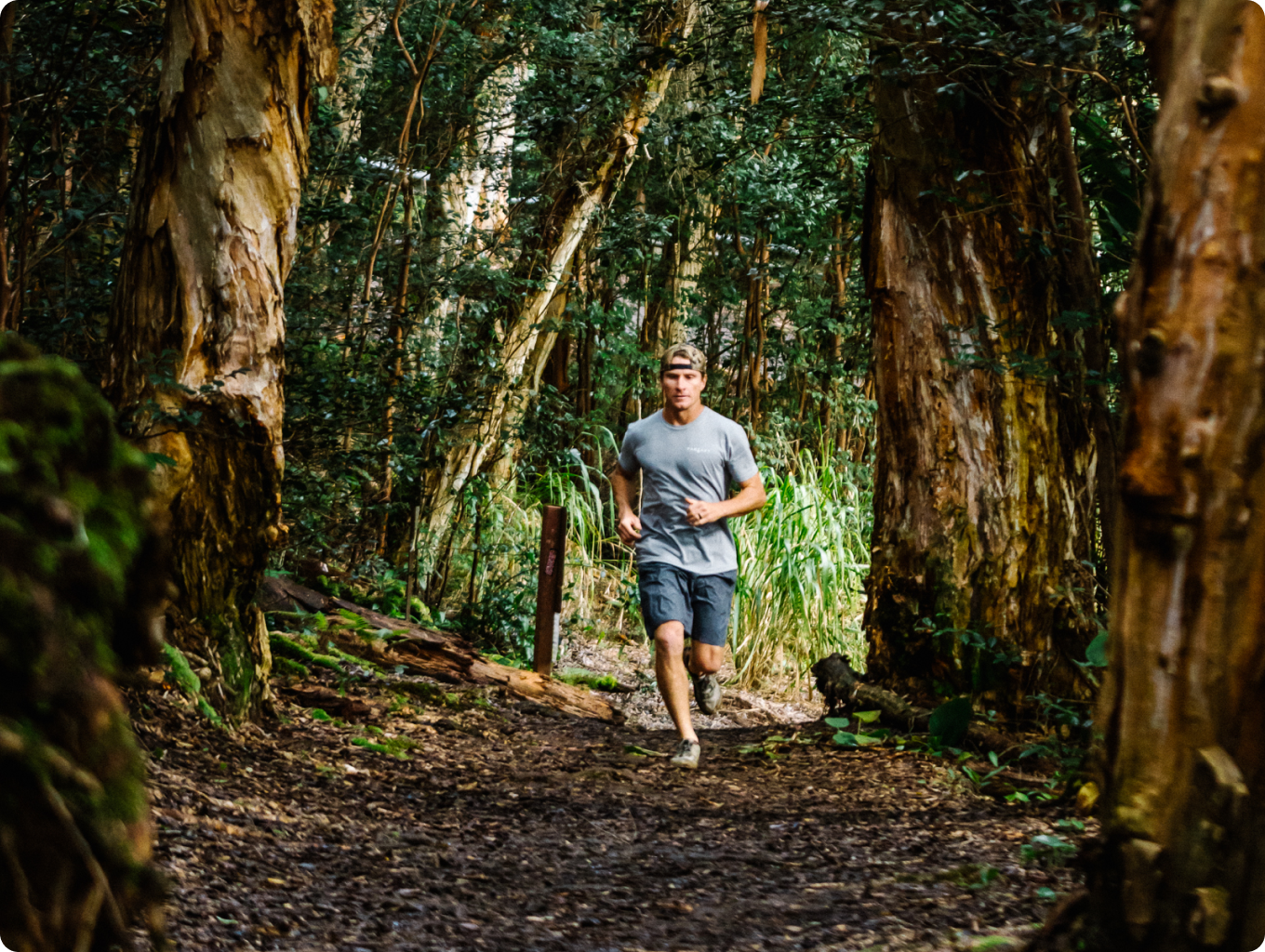Humility is the virtue that I consider to be most highly correlated with excellence in leadership. In practice, some of the most respected leaders that I have ever known were also the most humble. Humble leaders listen. Humble leaders are willing to learn and understand a different perspective. This humility opens the horizon for growth that is often hidden from those who refuse to take the time to consider another perspective. Given the power of this virtue, its absence is often perplexing and unfortunately all too common. Why is this the case?
The simple answer is ego, our sense of self-importance. As human beings, we are inherently anchored to our sense of self and the central importance of our self in the world we experience. Just as it is easy to remain inactive and resist the need to train our body to be stronger, it is equally simple to place our own self-importance ahead of all else. Humility takes work, and the training to become a person more easily capable of embracing a humble existence is not easy. President Teddy Roosevelt embodied a life committed to personal growth, and his words are applicable in the pursuit of a virtue such as humility:
“Nothing in the world is worth having or worth doing unless it means effort, pain, difficulty… I have never in my life envied a human being who led an easy life. I have envied a great many people who led difficult lives and led them well.”
--Teddy Roosevelt
As athletes, we train our bodies to accomplish difficult objectives in this world, but often disregard our minds. Mindfulness achieved by way of a meditation practice is training for your mind. This is the training that I believe can foster the virtue of humility.
I have not been a lifelong meditator. I was always focused on the tangible, and a committed meditation practice produces results that are not always on display for the world to admire. In fact, I would say that success in meditation is especially hard to observe because the results often take the form of a deeper commitment to humility.
I made the decision to begin my meditation practice after a conversation with a good friend. I had reached out to seek guidance as I was struggling with the weight of life. He gave me a systematic checklist of tasks to help take control of my emotions, and in turn, my life. On this list was what seemed to be the layup: Subscribe to Sam Harris’ Waking Up app and meditate. No problem, I thought. Assuming that meditation was easy may be the single biggest misjudgment I have made in my recent life.
I started with the guided program that Sam Harris has carefully crafted, and I struggled. Sitting in those first sessions, my thoughts would run wild and pull me away from the singular focus on breath or feeling. Like anything new, it was difficult, but I placed trust in the process because I respected the person that introduced me to meditation. Nothing that I have achieved in my life has just happened. Every accomplishment has been the result of disciplined practice, and I realized that meditation would be no different.

The benefits of meditation that initially captured my attention were not related to finding a deeper commitment to humility. I stumbled upon the recommendation to reduce work stress and anxiety. Even after serving in combat during my time in the SEAL Teams, I found myself struggling with the stress that I encountered in the outside world. As a combat leader, I had a singular focus that was shared by those that I stood alongside on deployment. Distractions were removed by distance as we left our families and personal lives behind to uphold our nation’s values and protect those that could not protect themselves. I lost a deep sense of purpose and fraternity for a long time after leaving the military, and my life was inundated with distraction as I tried to please everyone. My foundational commitment to loyalty was one of the virtues that made me a good teammate in the military, but I found myself extending the same intense loyalty to almost everyone that I met in the civilian world. I soon found myself overextended, distracted by people that did not share a reciprocal commitment, and living without the brotherhood that fueled my time in service. I allowed the distractions and occasional betrayals to pull me slowly into a bad place. I needed something to help mute the noise that had polluted my life. I wanted to quiet my mind and shed the layers of unnecessary stress that had become the new normal in my life. For all these reasons, I listened to my friend and made a commitment to meditation.
In time meditation became easier, but was never easy. I enjoyed the silence and I became aware of the noise in my mind. It was always there but I was just now noticing. As I noticed the presence of the noise during the opening moments of meditation, I slowly started to experience the benefits of listening. I always considered myself a good listener and worked diligently to embody humility as a leader, but meditation began to take this practice of listening to a much deeper level. I was listening to my own thoughts and beginning to forge the ability to be aware at a very personal level, and to be comfortable letting go of those thoughts that did not make me a better person.
I found myself listening to the voice in my head and seeing the presence of ego very much alive. Prior to meditation, I worked extremely hard to set the example of humility in my professional life but allowed ego to permeate my personal life. Meditation gave me the opportunity to look at all aspects of my life, and begin to slowly excise the egotistical noise that had helped me rationalize time away from my family and distance between myself and my mother. It has given me a platform to exercise my awareness and I am a better person because of this practice. Meditation did ease stress and anxiety in my life, but more importantly, meditation has allowed me to embrace humility in a multidimensional way that I did not previously understand.
As with your physical health, there is no special pill that will give you instant mental and spiritual health. In both cases, training is needed, and meditation is how we train our mental and spiritual sides. There are, however, things you can do to put yourself in a better position to train more effectively. The Protekt line of performance supplements support this work for optimized training in the physical, mental, and even spiritual realms. Clarity, our organic lion’s mane mushroom complex can help you to focus on the mental work that’s needed to achieve higher levels of mindfulness and humility. Our performance supplements can help put you on the right path, but how far you go down that path is ultimately up to you.












Leave a comment
All comments are moderated before being published.
This site is protected by hCaptcha and the hCaptcha Privacy Policy and Terms of Service apply.